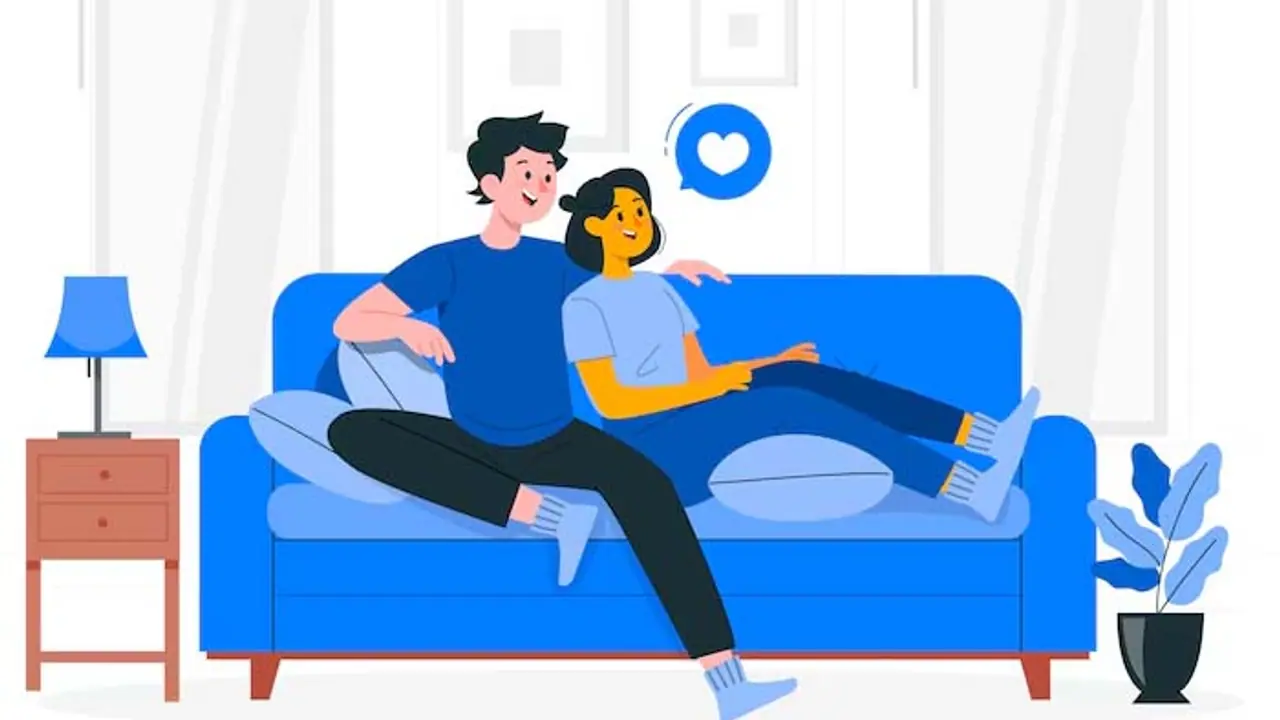In the early stages of dating, it’s easy to misinterpret healthy boundaries as warning signs. This guide explores seven common boundaries that are often mistaken for red flags—but are actually signs of emotional maturity.
When you're dating early on, it's natural to be on the lookout for red flags. Being cautious, we become confused between red flags and healthy boundaries. Boundaries are relationship non-stoppers—they're needed for emotional safety and respect. The following are seven healthy habits that are most commonly misinterpreted as red flags when dating.

7 boundaries that are mistaken as red flags:
1. Needing Personal Space
If a person likes being alone or needs time to answer messages, it might look like they don't care. They might just love being by themselves and having room for themselves—a sign of emotional intelligence.
Why It's Not a Red Flag: Allowing oneself time avoids codependency and builds a better, more sustainable relationship.
2. Saying "No" Easily
Someone who can clearly say no to the things that make them uncomfortable may be considered a difficult or obstinate person. But being able to say no indicates that they know themselves and what they can tolerate.
Why It's Not a Red Flag: Clear communication avoids resentment and miscommunication in the future.
3. Moving Slowly
When someone wishes to move more slowly—emotionally, physically, or in commitment—it may feel like hesitation or retreat. Yet at other times it's about laying a foundation with purpose.
Why It's Not a Red Flag: Hurrying can result in emotional exhaustion; slow movement tends to equal deeper commitment.
4. Prioritizing Career or Goals
If your date is goal-, study-, or work-oriented, it might seem like they're not making the relationship a priority. In fact, it's healthy to have one's own interests in relationships.
Why It's Not a Red Flag: Motivated and balanced people have a tendency to bring stability and purpose to relationships.
5. Emotional Transparency Request
When they need you to explain or are curious about how you feel, sometimes it can come on a bit too strong or sound too blunt initially. But that is a indication they highly respect emotional honesty, not domination.
Why It's Not a Red Flag: Trust and less misunderstandings are built due to regular emotional check-ins.
6. Having Firm Boundaries with Exes or Relatives
It may be a red flag when someone doesn't introduce you to their family immediately or has strict boundaries with previous partners. But that's usually due to healthy emotional boundaries and safety measures.
Why It's Not a Red Flag: They're building a safe, intentional space for your relationship to grow without external influence.
7. Wanting to Discuss Boundaries Early
Some individuals have early discussions of what they are okay with in terms of communication, intimacy, or values. This may sound too serious or formal too early as well.
Why It's Not a Red Flag: An early discussion on boundaries shows self-awareness and respect for others' time and feelings.
Not all things "unfamiliar" are a red flag—some are indicators of emotional intelligence and self-respect. One needs to know the difference between control and clarity, distance and independence, or caution and not being interested. Healthy boundaries aren't red flags—they're the green lights of emotionally safe relationships.


